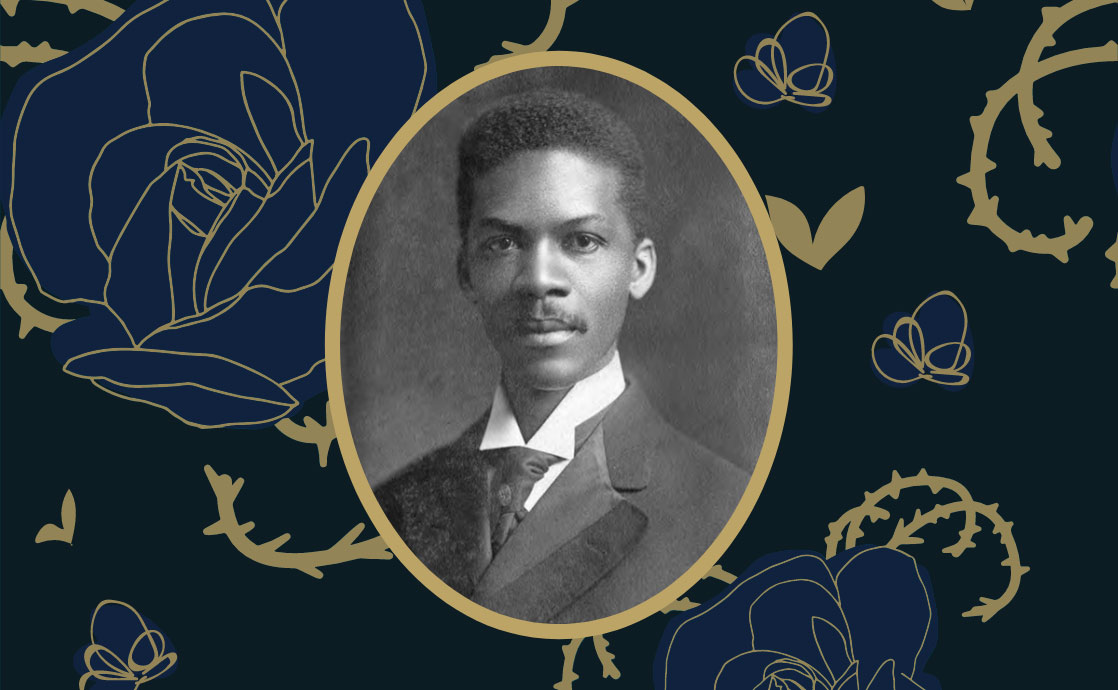Justice has long been heralded as a foundational principle within the Baha’i Faith, yet its implications resonate well beyond spiritual confines and touch upon contemporary societal exigencies. The concept of justice, described as a powerful mechanism for societal advancement, awakens contemplation on historical struggles for equity and the ongoing mission to rectify disparities. As we examine the poignant phrase “Woke a Hundred Years Ago,” we are invited to reflect on the prophetic declarations of Baha’u’llah and the essential call to action they embody in today’s world.
At the heart of Baha’i teachings lies an unwavering commitment to justice, which is articulated emphatically as an integral element of divine governance. Baha’u’llah proclaimed that “the best beloved of all things in My sight is Justice,” framing it not merely as an abstract virtue, but as a living framework through which humanity can discern truth and foster unity. Recognizing justice as an antidote to the discord that besets societies, the teachings encourage followers to engender a systemic transformation that upholds the dignity and rights of every individual. This ideal resonates unmistakably in contemporary discussions of social justice, equity, and the fight against systemic oppression.
In analyzing the notion of “wokeness,” one must consider its connotation within the framework of Baha’i principles. Historically, Baha’i teachings have championed the notion of awareness—an awareness that elevates one’s consciousness regarding the injustices faced by marginalized communities. The Baha’i Faith unequivocally posits that ignorance is a root cause of social malaise. This epistemological approach elucidates why such awareness is critical. Being “woke” in this context is not a mere trend; it is affixed to a moral obligation—a call to comprehend the ramifications of injustice and to act decisively where inequities manifest.
The urgency of this call to action may seem especially poignant today, considering the proliferation of social movements advocating for justice. Such movements, while often divergent in their methods and philosophies, share a common thread—the pursuit of equity. Authentic Baha’i action aligns itself with these endeavors, promoting dialogue and collaboration amongst diverse groups that seek to achieve an inclusive society. This essential engagement fosters not only understanding, but also the shared responsibility to dismantle oppressive systems, thus reflecting the teachings that command us to contribute positively to the fabric of society.
An intersectional lens, seemingly modern yet rooted deeply in Baha’i philosophy, necessitates the recognition that various forms of discrimination—whether racial, gender-based, or socio-economic—are interlinked. The principle of oneness of humanity underscores this interconnectedness, asserting that injustices inflicted upon one community invariably affect the life experience of all. The teachings implore followers to acknowledge these intricate webs of systemic injustice and to strategize accordingly. Justice, then, is not a solitary pursuit; it entails collaboration, empathy, and an unwavering commitment to equity.
Embedded in the ethos of the Baha’i Faith is the profound acknowledgment of knowledge as a catalyst for action. Individuals are urged to cultivate knowledge not only within spiritual contexts but also concerning political and social structures. Such scholarship equips Baha’is to engage in informed discourse about justice and equity, thereby continually refining their approach to advocacy. This educational imperative fosters a cadre of informed advocates who are committed to effectuating positive change through both personal and collective action. Thus, the call to action becomes a perpetual journey of learning, understanding, and engaging.
Moreover, Baha’i teachings emphasize the ethical dimension of justice. Ethical considerations persuade individuals to transcend mere compliance with laws and norms; they invite a transformative approach to how justice is understood and practiced. Baha’is are taught to integrate moral imperatives into their pursuit of justice—acting not solely out of obligation, but from a profound sense of compassion and responsibility toward others. This holistic interpretation of justice seeks to create a culture where empathy is paramount, fostering environments conducive to healing and reconciliation.
Engagement in community-building activities exemplifies how the Baha’i community embodies these principles. Acts of service geared toward alleviating suffering and confronting injustices are not only encouraged—they are foundational. The consciousness of injustice leads Baha’i adherents to devise programs that address educational inequities, food insecurity, and healthcare disparities. Such endeavors reflect the proactive nature of justice as envisaged in Baha’i teachings. The principle here is simple yet profound: the just society must be an actively cultivated environment rather than a passive ideal.
In summation, the contemplative phrase “Woke a Hundred Years Ago” encapsulates Baha’i teachings on justice as a profound journey, beckoning adherents toward an enlightened state of awareness and ethical responsibility. By embodying the principles of justice in daily life, Baha’is not only contribute towards the betterment of society but also illuminate the path forward for others. The challenge of justice is both individual and collective, demanding rigorous engagement, informed understanding, and compassionate action—thereby framing it as an essential dimension of what it means to be truly awake in today’s world. Within this ever-evolving landscape, the Baha’i teachings assert that the pursuit of justice remains paramount, and the collective calling is stronger than ever.
